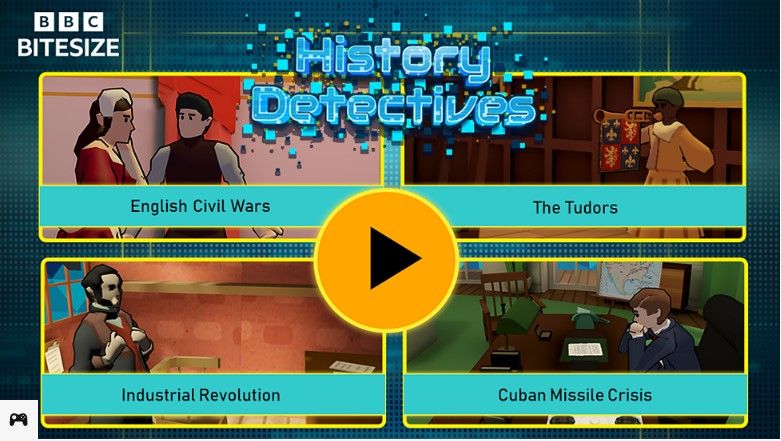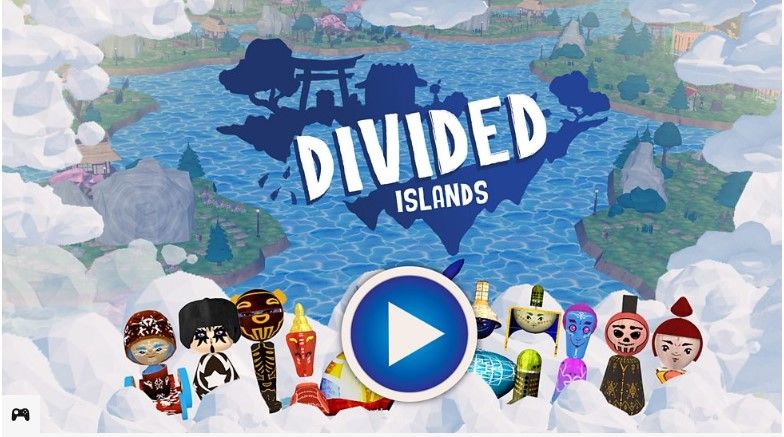Game on – appealing to learners
)
In the UK, 89% of 11–18-year-olds report that they are playing online games at least weekly for fun. Using this love of online games to support learning is not a new concept, but because so many young people are gaming makes it even more relevant.
A recent discussion at Bett, which I took part in, underscored their role in education. The panel was hosted by the British Esports Federation and also included representatives from UKIE, Barnsley College and the University of Salford.
The panel was there to discuss the role of gamification vs game-based learning in the classroom. It quickly became clear that we all agreed that game-based learning as opposed to gamification – in which fun features are bolted on to other activities to motivate the learner to keep going – is a much more powerful and transformative tool.
In “games-based learning”, games are designed to be intrinsically rewarding through their design and ultimate purpose. Due to the nature of these games, lesson content can be adjusted to fit the game whilst still achieving curriculum-led outcomes. In some cases research suggests that digital games-based learning increases the amount of class time students spend focused on tasks.

One of the powerful aspects of game design is that the mechanic – the way the game is played – can be built around the skill, or way of thinking, that the learner requires to master that particular subject. This is the guiding principle behind the games I’ve commissioned for Secondary learners on BBC Bitesize. Our KS3 History game History Detectives invites the player to explore primary and secondary sources and to draw conclusions about events in the past. Our KS3 science game Atomic Labs allows learners to do experiments, including the fun of manipulating variables that would be highly explosive in real life. In our maths games, and short playable interactives, we focus on modelling mathematical concepts visually, in the same way a maths teacher would model maths in a concrete way before moving on to pictorial and abstract representations.

Games also reframe what it means to succeed. In any game there’s a high chance the player will need to try a task more than once before they succeed. Being able to persevere and not give up are valuable skills for learning. For example, in Divided Islands, a KS3 Bitesize game, learners need to help Kei to bring light back to the islands of Ichi by solving fraction and decimal puzzles. Learners can try multiple times and, in the context of the game, this means answering numerous decimal and fractions based questions. This has a number of benefits:
- The child might focus primarily on the game play, but the maths is part of the mechanic and retrieval of known number facts is essential to reach their goals.
- The child is consolidating their maths alongside becoming adept at moving past failure to try again.
Another factor which is emerging as important in games-based learning is flow - which is the idea that you can lose yourself in an activity due to the focus on the game. This is very helpful in engaging learners beyond the usual class-based context in several ways:
- Removes anxiety around learning outcomes as their focus shifts to the game play.
- Encourages the learner to go beyond the ‘minimum expectation and allows children to take the learning in more directions, for instance leading them to make up their own game ideas.
At Bett, I was also delighted to share a preview of Bitesize’s new Secondary Geography game Bitesize Planet Planners to be published in the Roblox metaverse this summer. Roblox is the most popular gaming platform in the UK for 8–12 year olds and is developing a portfolio of quality educational experiences.
Our Roblox experience is for 11-14 year olds and re-imagines the Bitesize game Planet Planners. This is a decision-making exercise, in which young geographers learn about the interplay of human and physical geography attempting to balance environmental, social and economic factors. In the Roblox version, we’ve added the richness of group play as an option, and learners can virtually travel around the globe to experience the tangible effects of their decisions as they play out around them.
Games-based learning is considered by some to be a new discipline because it occurs in a digital space, but it links to a long history of learning through play. Research suggests that well-designed educational games can be a powerful tool for learning but that the design of the game and how it links to the curriculum needs to be done with care. I completely agree and, at Bitesize, it’s informing all our games-led learning development - watch this space.
Oonagh Jaquest is Executive Producer of BBC Bitesize. To access its collection of GCSE revision resources, please visit www.bbc.co.uk/bitesize.
Tags
- appealing
- around
- bitesize
- classroom
- design
- focus
- fun
- game
- gamebased
- games
- gamesbased
- gamification
- KS3
- learner
- learners
- learning
- learning
- maths
- more
- new
- online
- panel
- play
- powerful
- roblox
- role
- secondary
- tool
- transformative
- way


)
)
)
)
)
)
)
)
)
)
)
)
)
)
)
)
)
)
)
)
)
)
)
)
)
)
)
)
)
)
)
)
)
)
)
)
)
)
)
)
)
)
)
)
)
)
)
)
)
)
)
)
)
)
)
)
)
)
)
)
)
)
)
)
)
)
)
)
)